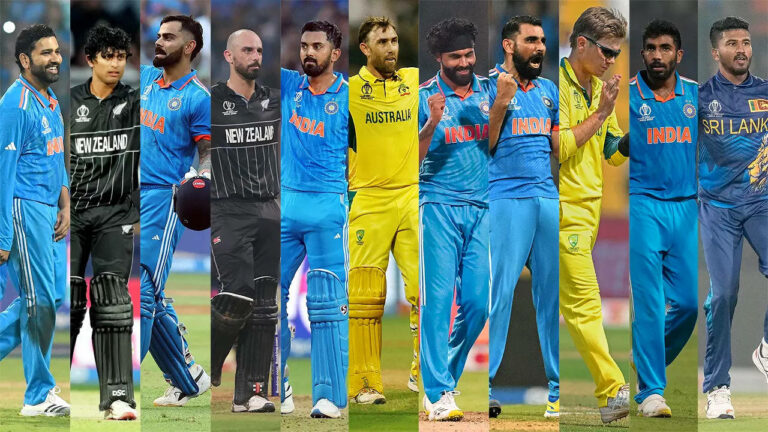The Role of Cricket in Promoting Cross-cultural Communication
Gold365, Play99exch: Cricket, with its origins dating back to the 16th century in England, quickly gained popularity across the British Empire as the colonialists introduced the sport to various regions. The spread of cricket was facilitated by the British expansion, leading to the establishment of cricket clubs in countries like India, Australia, and the West Indies.
The formation of the International Cricket Council (ICC) in 1909 marked a significant milestone in the global expansion of the sport. The ICC has been instrumental in organizing international tournaments, such as the Cricket World Cup, which showcases the talent and skills of players from different cricket-playing nations. Today, cricket stands as one of the most popular sports globally, with a large following in countries like India, Pakistan, Australia, England, and South Africa.
Cricket’s Influence on Cultural Exchange
Cricket’s popularity has transcended boundaries and united people from diverse cultural backgrounds. Through the universal language of cricket, players and fans alike have been able to connect and form lasting bonds. The sport has served as a common platform where individuals can come together to share their love for the game, despite differences in language, customs, or traditions.
The cultural exchange facilitated by cricket has allowed for the sharing of values, traditions, and experiences among nations that may otherwise have had limited interaction. With teams comprising players from various countries, cricket matches have become a melting pot of cultures, encouraging mutual respect and understanding. This cultural exchange has not only enriched the sport but has also contributed to fostering global harmony and cooperation.
Cricket as a Tool for Bridging Language Barriers
Cricket, with its universal appeal and widespread popularity, has emerged as a powerful medium for fostering communication and understanding among individuals speaking diverse languages. Through the shared love for the sport, players and fans from different linguistic backgrounds come together, breaking down barriers that would otherwise hinder meaningful interactions. In a cricket match, the focus shifts from language differences to the thrilling competition on the field, creating a common ground where language plays a secondary role.
The spirit of sportsmanship inherent in cricket transcends linguistic limitations, allowing players to forge connections based on skill, teamwork, and mutual respect. Whether communicating strategies on the field or celebrating victories off the pitch, cricket enables individuals to connect on a deeper level beyond words. This unique aspect of the sport not only promotes cultural exchange but also highlights the power of sports in fostering camaraderie and building relationships that transcend language barriers.







